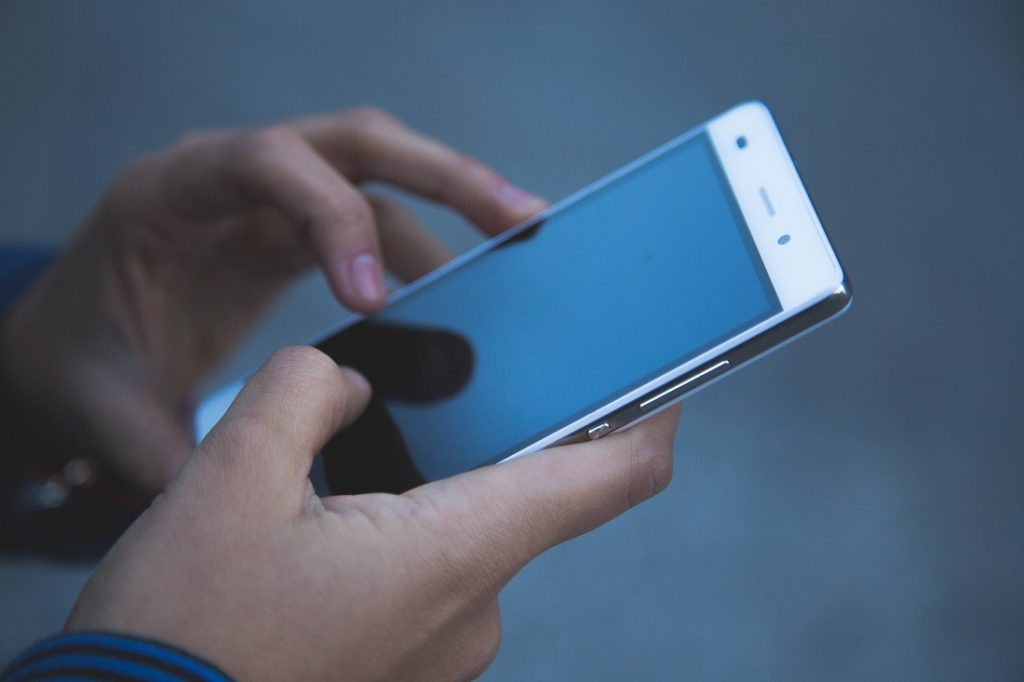Is it time for a university without smartphones?
More and more countries are banning cell phones at school. The school performance of Dutch youth has deteriorated sharply in recent years. If it were up to the CDA, we would therefore ban smartphones from our primary and secondary schools. Should universities follow suit? Univers asked Professors Martine Prange and Juliette Schaafsma.

Many people are addicted to their smartphones. Almost everything about a phone is designed to attract and hold the user’s attention. Ignoring your phone? That’s impossible for many. As a result, concentrating with a smartphone nearby is far from easy for everyone. Especially not for children and adolescents. Teachers experience the negative consequences of cell phones in the classroom on a daily basis. They report that students have poor concentration and spend less time on their homework. Not surprisingly, learning performance has been declining rapidly in recent years.
Enough reasons for the CDA (in Dutch) to stop allowing cell phones in the classroom by law. Should universities ban smartphones too?
Smartphones in lecture halls
In the lectures of Martine Prange, professor of philosophy of man, culture and society at Tilburg University, the use of cell phones is not allowed. The professor feels that the use of smartphones is too distracting: “The cell phone is turned off in the lecture hall and not turned on again until the lecture is over. In my lectures, I am engaged in philosophy and philosophizing with the students. That is a group process and should not be disturbed by individuals who evade it to text people outside the lecture hall.”
Juliette Schaafsma, professor in the Department of Communication and Cognition at Tilburg University, is also critical: “When I lecture, smartphones, tablets, and laptops are not allowed. Students are constantly distracted by these devices. They hide behind their laptops and participate less actively. Moreover, all those screens distract fellow students.”
Less social
In addition, American scientific research (in Dutch) shows that smartphone use interferes with social interaction. Children who participated in the study were less social and had shorter conversations. Banning cell phones in schools could break this negative spiral.
In any case, Schaafsma finds that classes without mobile devices have a positive effect on social interaction: “As a lecturer, I don’t feel like facing rows of screens. I want to have contact with the students in the lecture hall. Lectures without screens are a lot more dynamic and enjoyable.”
According to Prange, the mobile age also encourages a hectic lifestyle: “We are collectively addicted to our cell phones. Every seven seconds your brain asks for a dopamine shot. You get that by looking at your cell phone. If you’re not looking, you feel like you’re missing something. As a result, we are constantly in alarm mode and the brain actually produces a lot of cortisol (stress hormone, ed.).”
By expecting young people in schools to use tablets and laptops for their schoolwork, Prange said, politicians are fueling this addiction:
“I expect that what used to be smoking and is now meat, alcohol, and sugar consumption will soon apply socially to smartphone use. People will say it is bad for your health and is something that should be eliminated.”
Official ban
Still, Schaafsma is not really in favor of a general smartphone ban at the university: “Such a ban is contrary to the autonomy of lecturers: they can decide for themselves whether to allow smartphones during lectures. But I do wish that colleagues would sometimes be more sensible and courageous and ban smartphones more often in the lecture hall.”
If it were up to Martine Prange, such a ban may be considered: “If the campus is to be smoke free, why not a campus without the equally addictive cell phones?”
Translated by Language Center, Riet Bettonviel






